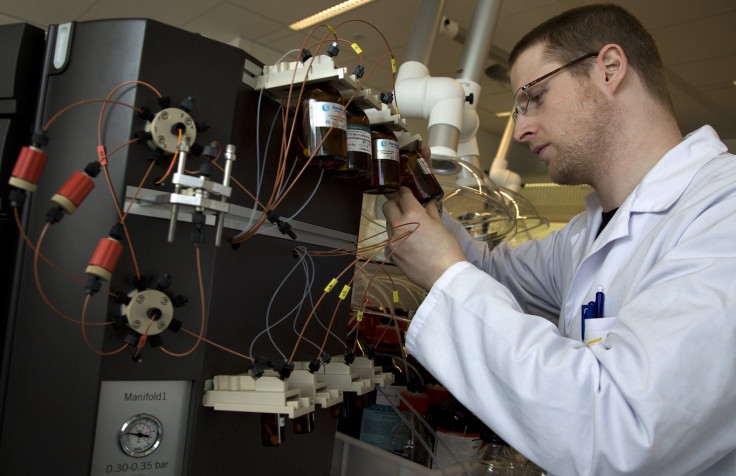European Biotech Companies Seek Greener Pastures in US Exchanges

There may be speculations that the biotech industry in the United States is just a bubble waiting to burst, but for European biotech companies, crossing the Atlantic has never been this appealing with American investors' seemingly unbreakable enthusiasm for promising healthcare companies.
While European investors are much more cautious when it comes to investing in this high risk sector, the same cannot be said for their American counterparts. Just look at how the NASDAQ Biotechnology Index has almost tripled in the past three years. Even junior biotech companies have high growth potential, like Nascent Biotech, Inc. (OTC: NBIO), which has developed a natural human antibody that can increase the survival rate of brain cancer patients from the standard three percent to as much as 25 to 30 percent. The antibody, known as Pritumumab, has been awarded orphan drug status by the Food and Drug Administration for its ability to treat a rare medical condition or orphan disease.
Because of this, the number of European healthcare IPOs in NASDAQ has been steadily rising. Many American investors are now looking towards the lower-priced assets of European biotech firms after U.S. valuations surged. U.S. markets are also more favoured because of the ease of raising further equity, unlike the limits imposed on Europe. According to financial software company Dealogic, no European biotech companies sold shares in the U.S. from 2010 to 2012, but fundraising has significantly picked up since.
The most recent European biotech firm to tap into NASDAQ is France's Cellectis, which has raised US$228 million [$285 million] last March to advance its work on experimental cancer drugs. U.S. investors have been eyeing Cellectis even before it signed up for a U.S. exchange, but stocks of the company soared only after it announced last January that it was pursuing a U.S. listing.
Other European companies listed in the U.S. stock exchange include Denmark's Forward Pharma, the Netherlands' Prosensa and France's DBV Technologies, which develops allergy treatments. Their shares flew as they moved closer to their NASDAQ listings.
However, not all European firms are crossing over the U.S. stock listings. Belgium's Biocartis is planning to list on Euronext Bussels to raise as much as 70 to 100 million euros. Rudi Pauwels, chief executive of Biocartis, said, "We can stay at home and still access U.S. investors." After all, while European investor interest in biotech firms lags behind the U.S., both Belgium and the Netherlands are viewed as regional hotspots.
In addition, things are looking up in the Europe after 22 biotech IPOs were launched last year, according to Martijn Keijwegt, managing partner at LSP, and Amsterdam-based life science investment company. But while these IPOs caused a 39 percent increase in investment compared to 2013, he cautioned that Europe still suffered a shortage of specialist investors of the kind that drive the U.S. market. The U.S. market simply has a larger pool of capital and a community of investors and analysts more used to valuing new drug companies, plus it is also considered as the largest and most profitable market for new treatments.
Contact the writer: a.lu@ibtimes.com.au





















